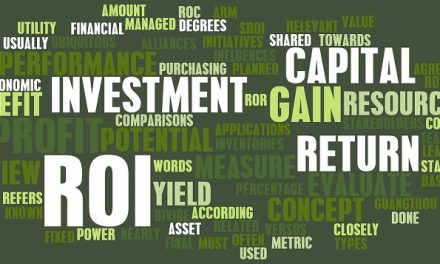
Four Risks to the Market in 2024
As we begin 2024, the expectations for the market are moderately positive. Recognizing the potential for the experts to be wrong again, it may be instructive to examine some risks that could upend these positive expectations.
To view the full article please register below:
Four Risks to the Market in 2024
Coming into 2023, the sentiment of many Wall Street experts was largely negative. The combination of a restrictive monetary policy, inflation uncertainty, weak corporate earnings and the specter of a recession did not bode well for stocks.
The experts were wrong, as recession fears ebbed, a halt to rate hikes grew increasingly likely, inflation decelerated sharply and AI ignited animal spirits.
As we begin 2024, the expectations for the market are moderately positive. Recognizing the potential for the experts to be wrong again, it may be instructive to examine some risks that could upend these positive expectations.
Watch Out for These Four Risks
- The current narrative unravels
Markets surged in the final two months of 2023 on lower inflation, declining bond yields, hopes of a soft landing (or no landing at all), and the prospect of higher corporate earnings. Disappointment in any one of these storylines could reverse market sentiment, especially considering 2023’s run-up in valuations. - AI revolution delayed
The AI era officially began last year, as excitement rose around the promise of AI to deliver fantastic gifts to the economy, company earnings and individuals’ standard of living. Many expect the AI beneficiaries in 2024 will extend well past the early beneficiaries, which have been limited to select AI chip producers and a few mega-cap tech companies.The economist Robert Solow famously said, “I see computers everywhere, except in the productivity statistics.” Indeed, the real impact of the late 1980s computer revolution was not seen in the productivity statistics until the mid-1990s. Should AI follow a similar path, its lack of immediate impact could sour investors on AI—a theme that powered last year’s market and is expected to energize stocks in 2024.
- A crash in the commercial real estate market
Once hot , the storyline has faded a bit, but Morgan Stanley believes that commercial real estate properties may decline 40% since more than 50% of the $2.9 trillion in commercial mortgages need to be refinanced at much higher rates. Not all analysts agree, but a recession may seal this market’s fate and drag stocks lower.1 - QT drives rates higher
Despite the Fed signaling that rate cuts may be in the offing in 2024, its ongoing efforts to reduce its balance sheet may drive bond yields higher. While the Fed has already reduced its balance sheet from $9.9 trillion to about $7.7 trillion, as of December 2023, it mostly did that via reverse repos—i.e., selling with a commitment to buy back at a later date, which limits the impact on market liquidity. That will change in 2024, potentially tightening market liquidity and driving rates higher.2
While past trends and future predictions are no guarantee of actuality, it’s important to be aware of potential happenings so as to better plan for risks accordingly.
Sources:
- https://finance.yahoo.com/news/morgan-stanley-says-commercial-real-202952701.html
- https://www.usbank.com/investing/financial-perspectives/market-news/federal-reserve-tapering-asset-purchases.html#:~:text=Now%2C%20a%20so%2Dcalled%20%E2%80%9C,still%20sizable%20by%20historical%20standards.
Please reference disclosures at: https://blog.americanportfolios.com/disclosures/












